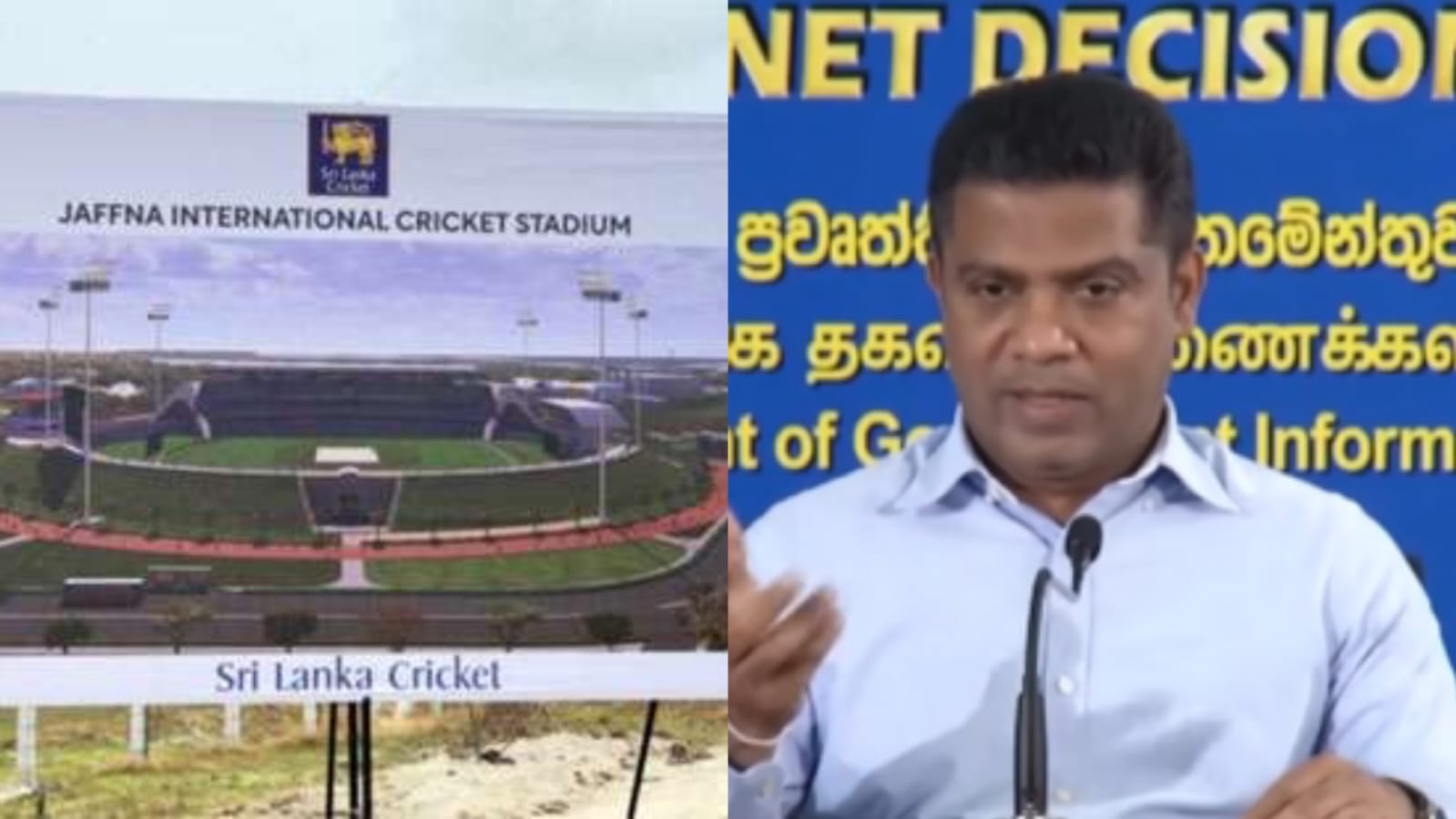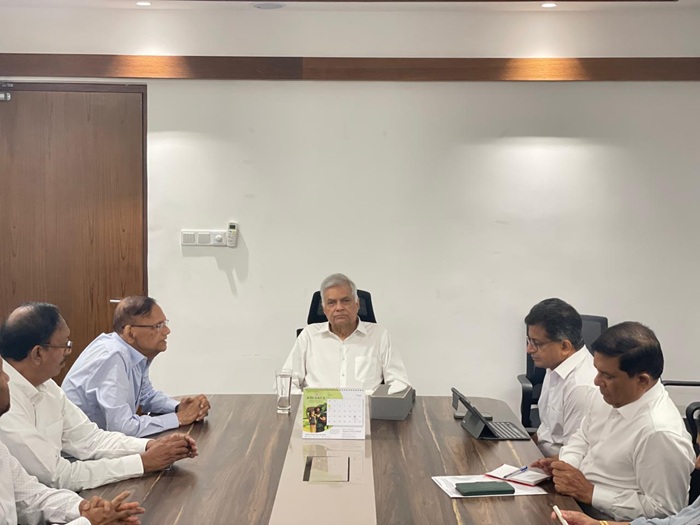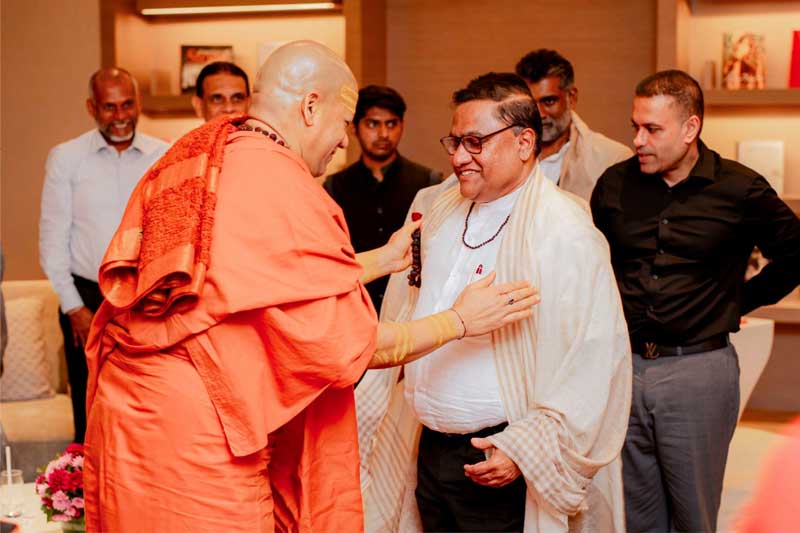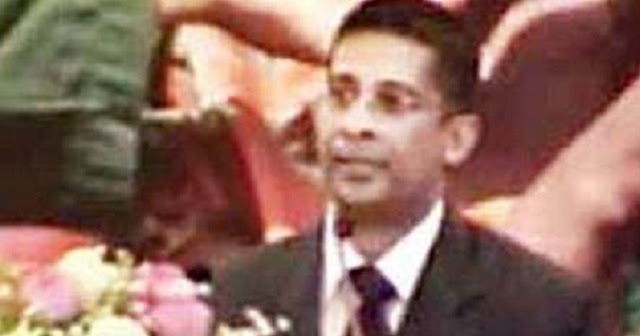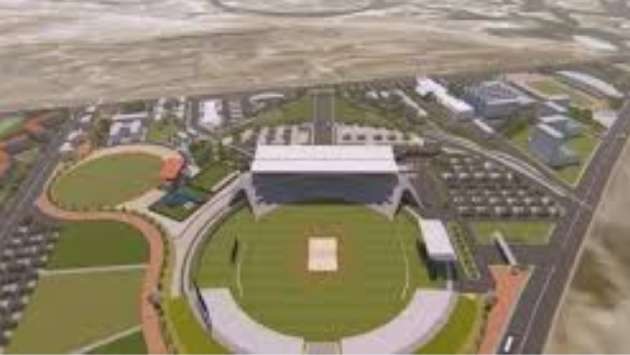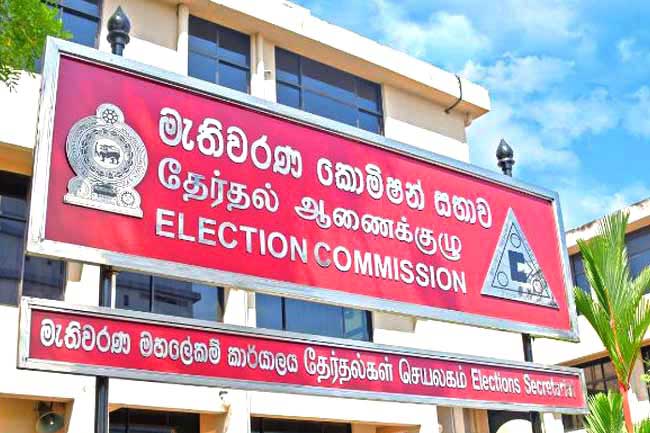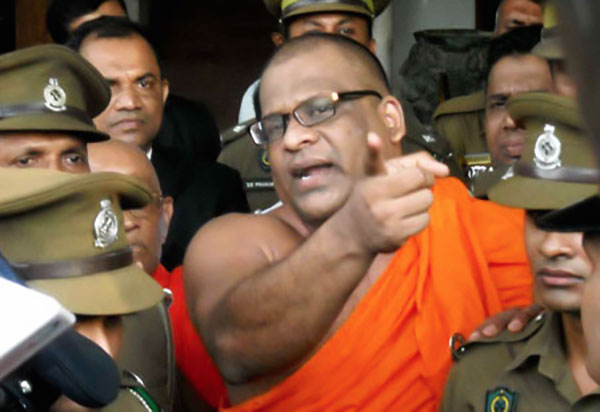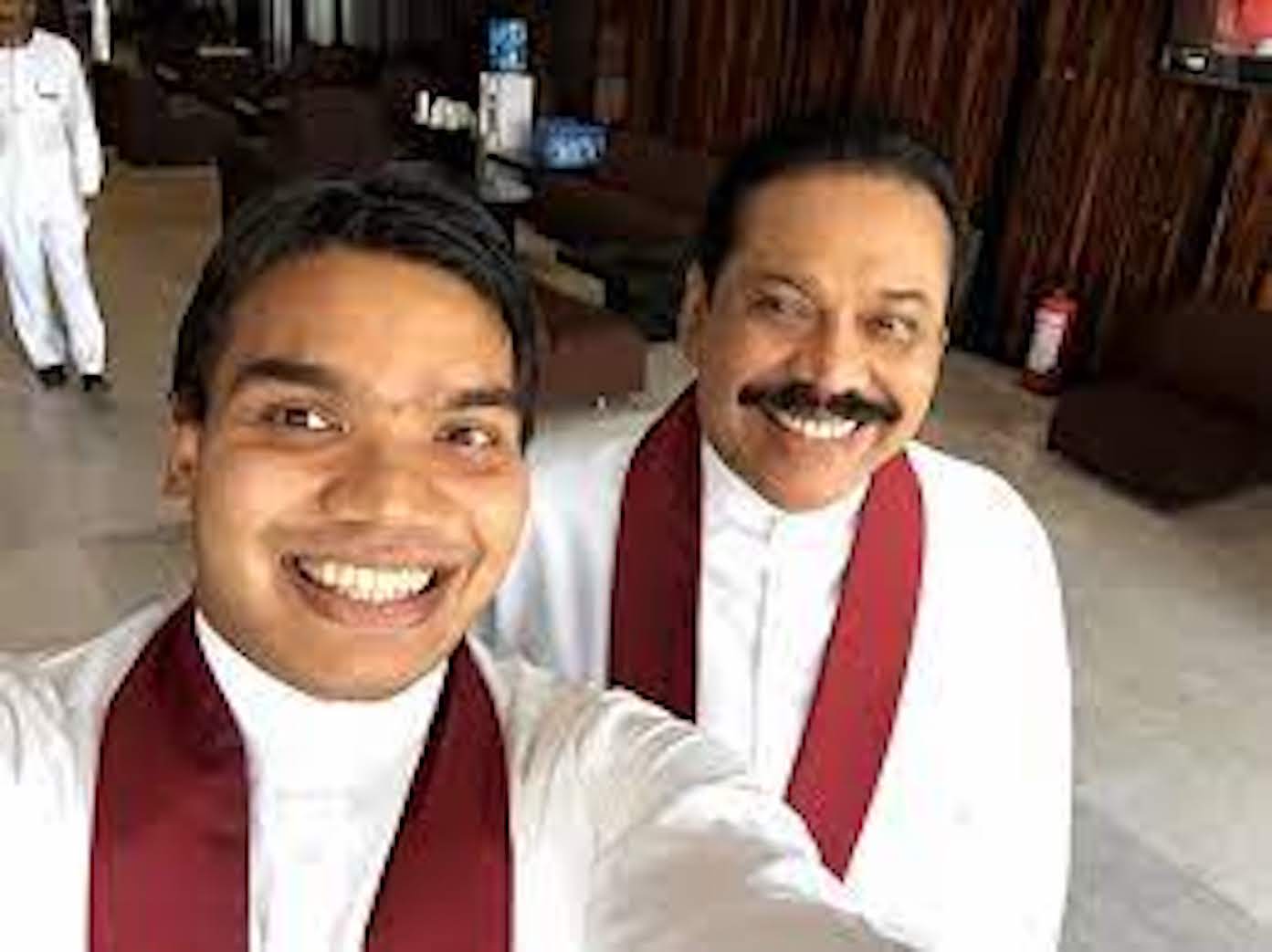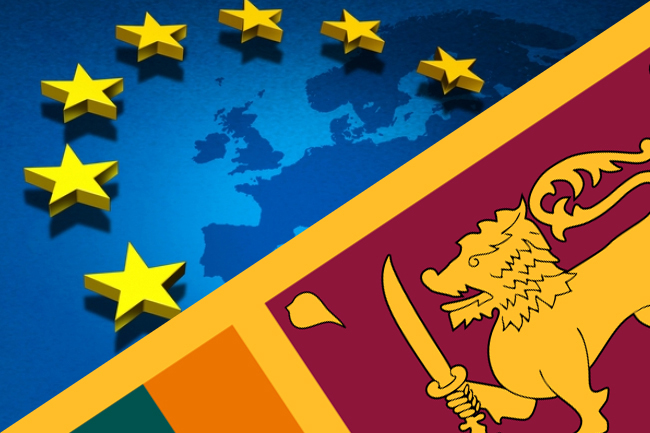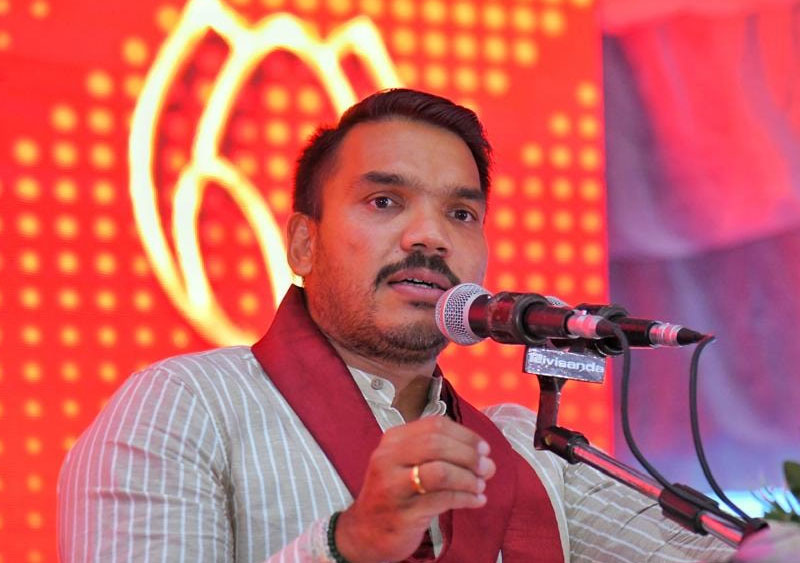The Sri Lankan government has not taken a decision to halt the proposed Jaffna International Cricket Stadium project and intends to proceed with construction, Cabinet Spokesman and Health and Mass Media Minister Nalinda Jayatissa said.
Speaking at the weekly post-Cabinet media briefing on Tuesday (24), Jayatissa said the government remains committed to completing the stadium at the earliest possible time.
However, construction activities have been temporarily suspended after Sri Lanka Cricket was instructed by the Central Environmental Authority (CEA) to stop work until the necessary environmental licences are obtained. The directive followed complaints lodged by environmental organisations over the project’s potential impact, officials said.
Responding to questions from journalists over concerns that the stadium is to be built in an environmentally sensitive zone, the minister said all required procedures are being followed prior to implementation.
“Any construction project requires the completion of several reports, including environmental impact assessments and feasibility studies,” he said, adding that the project is being carried out with the cooperation and coordination of all relevant ministries.
Jayatissa said the necessary conditions applicable to such projects are currently being fulfilled and that the government’s position is to see the construction completed once regulatory requirements are met.


